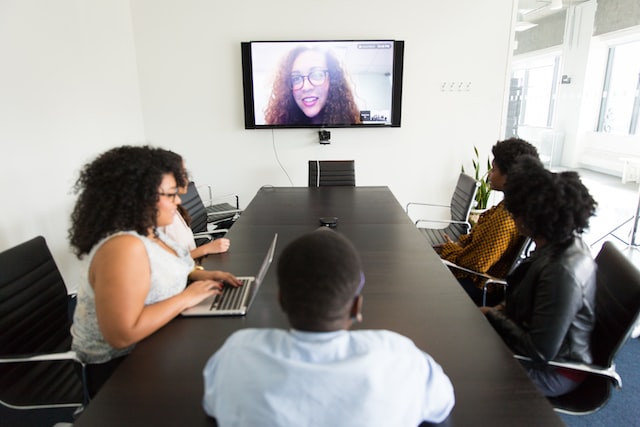Advance HE has published a practice guide designed to support programme or course teams to use different learning modalities, with the aim of developing engaged and effective student learning.
The guide provides teams with a snapshot of different learning modalities: in person learning, synchronous online learning, and directed learning, and how they can be combined via hybrid or hyflex approaches to provide choice in time and place of learning for educators and students. Each modality is defined in terms of what it is, why it is of benefit to staff and students, and the learning spaces required for effective delivery. This is supported by more detailed information that can help practitioners design, plan, and facilitate learning.
Flexible approaches to course provision have benefits for educators and students, and implications for workload models and the learning environment – both online and physical learning spaces. The guide also provides points for consideration at an institutional level to provide accessible and equitable quality learning experiences.
This practice guide is designed to provide teams with the modalities alongside information for designing, planning, and facilitating learning. We hope course teams and institutions find it useful as they develop more flexible approaches to learning and teaching. I would like to thank each of the authors, Sue Beckingham, Richard Beggs, Danielle Hinton, Tünda Varga-Atkins, and David Watson for their valuable sector insights and contributions to the guide.
Advance HE members can download Modes of learning – a practice guide here.
About the author: Dr Kay Hack (PFHEA) is the Principal Adviser (Learning and Teaching) for Advance-HE. Her role includes developing, managing and promoting excellence in teaching and learning, both generally and within STEM disciplines. She delivers a range of services to the HE sector, including supporting strategic leadership and change in HEIs and building and maintaining strong relationships with the STEM community, PSRBs, government and other organisations and individuals.
This article has been kindly repurposed from Advance HE and you can read the original here: Beyond Flexible Learning – practical guide published
